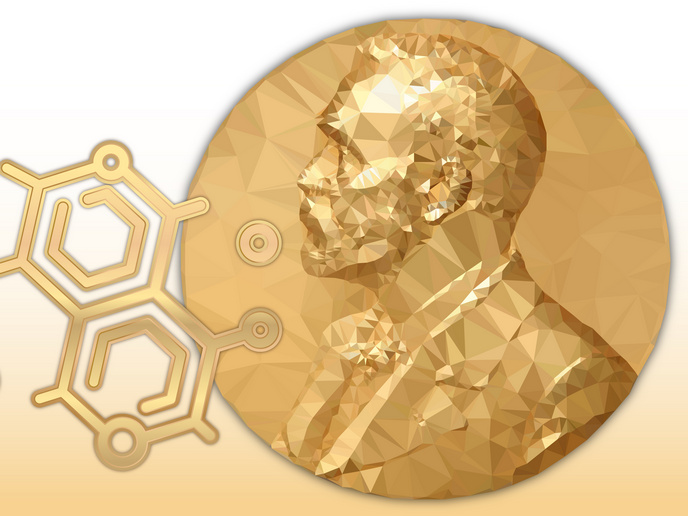Finding a cure for Leishmaniasis
Visceral Leishmaniasis is a severe infection caused by Leishmania parasites that infect skin and inner organs. Worryingly, parasites have developed resistance to some of the current treatments available and the World Health Organisation has been pressing researchers to find more effective drugs. In response, the EU has jointly funded the LEISHDRUG (Targeting the Leishmania kinome for the development of novel anti-parasitic strategies) project. Through a multidisciplinary approach, researchers identified molecules associated with the development of the disease-causing amastigote stage. Using innovative drug-screening concepts, which have never been applied to parasitic systems, researchers homed in on compounds that can eradicate the parasites without harming the host cell. The strategy relies on fluorescent parasites and macrophages (a type of white blood cell) to measure the efficacy of the new compounds and assess host cell toxicity. Second, the scientists utilised recombinant Leishmania protein kinases for inhibitor identification and structure-guided drug design. LEISHDRUG established a unique collection of compounds, covering more than 35 000 molecules with synthetic or medicinal chemistry traceability. These were applied in the kinase-based screening campaigns and are also available for other drug development projects undertaken by project partners. The tools have been successfully applied to identify anti-leishmanial hit compounds. In particular, the phenotypic screen has isolated 15 effective compounds out of a total 2 000 compounds. In a complementary target-based assay, over 4 000 natural and synthetic compounds were screened identifying 11 hit compounds. Further work on the kinome revealed LmaMPK4 as a viable drug target that shows a series of highly parasite-specific regulatory residues with good druggability. Another group of promising targets includes parasite stress kinases. A collaborative initiative, LEISHDRUG has achieved a world-class drug development platform supported by assay development, drug target identification with genetic validation. In vivo as well as in vitro assessment has produced anti-leishmanial drug candidates that can be further exploited for the development of novel therapies against this devastating diseases.
Keywords
Leishmaniasis, parasite, resistance, drug, kinome, amastigote, protein kinase, inhibitor, druggability







